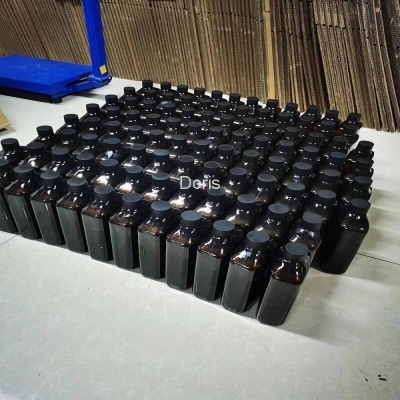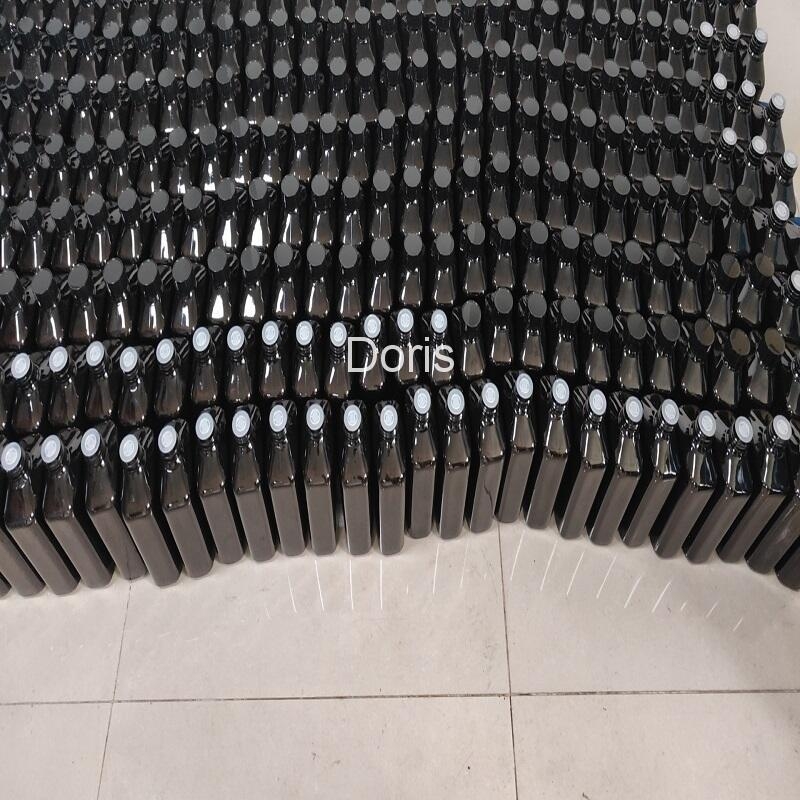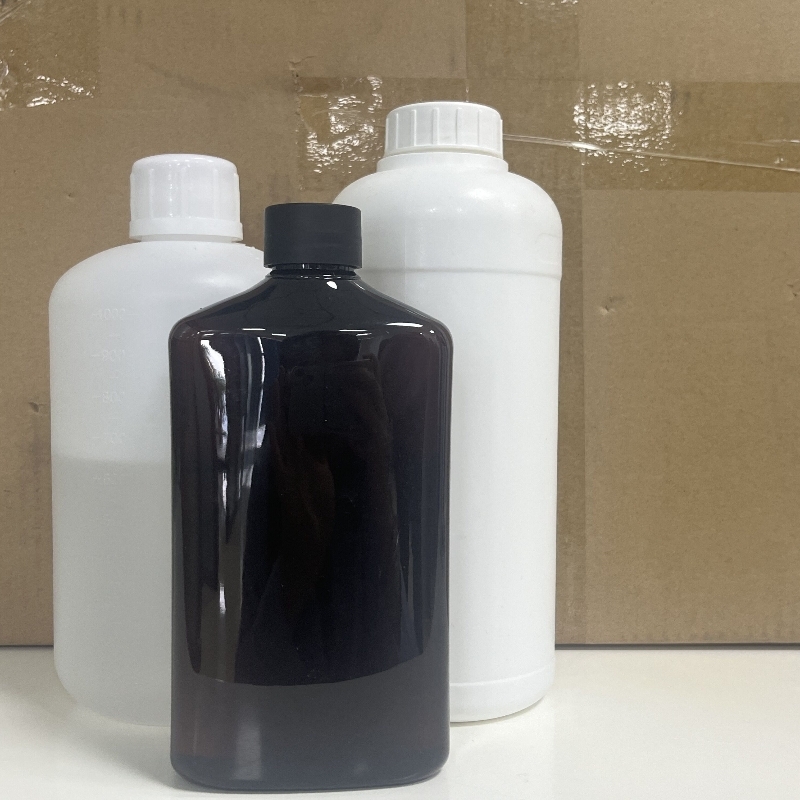-
Categories
-
Pharmaceutical Intermediates
-
Active Pharmaceutical Ingredients
-
Food Additives
- Industrial Coatings
- Agrochemicals
- Dyes and Pigments
- Surfactant
- Flavors and Fragrances
- Chemical Reagents
- Catalyst and Auxiliary
- Natural Products
- Inorganic Chemistry
-
Organic Chemistry
-
Biochemical Engineering
- Analytical Chemistry
- Cosmetic Ingredient
-
Pharmaceutical Intermediates
Promotion
ECHEMI Mall
Wholesale
Weekly Price
Exhibition
News
-
Trade Service
"Pharmaceutical Network Market Analysis" into August, multinational pharmaceutical companies in the first half of 2020 report card has also been published.
's overall revenue like that? As of August 11, from the disclosure of half-year results of multinational pharmaceutical companies, the first half of the year, affected by COVID-19, most multinational pharmaceutical revenue has slowed or declined.
addition, multinational pharmaceutical companies, including Roche, Pfizer, Gilead, Bayer, Yanjian and others, fell significantly in the first half of the year.
, Roche's first-half revenue was $25,357 million, down 4% from a year earlier; Pfizer's first-half revenue was $23,829 million, down 10% from a year earlier; and Gilead's first-half revenue was $10,691 million. It was down 2.5 per cent year-on-year; Bayer's first-half revenue was $10,032m, down 2.5 per cent year-on-year; and Its sales were even worse, with first-half revenue of $7,215m, down 27.3 per cent year-on-year.
Evaluate Pharma forecasts that biopharmaceutical sales will fall by $7.85 billion in 2020 as a result of COVID-19, with the top 15 companies taking on a 60 percent loss.
, sales at these companies have fallen in the short term, but there are still bright spots in innovative medicines.
the results of companies that reported a marked decline in sales, most of them have grown their biopharmaceutical businesses to varying degrees.
, for example, Roche noted that pharmaceutical sales rose 1 per cent, driven by innovative drugs such as Tecentriq, Hemlibra, Ocrevus and Perjeta.
, Pfizer said in its second-quarter results that its biopharmaceutical business grew 9 percent in the second quarter, driven by drugs such as Vyndaqel/Vyndamax, Eliquis, Ibrance and Inlyta.
also has a number of innovative drug-driven, first-half revenue bright and positive growth of multinational pharmaceutical companies.
For example, Novartis reported first-half revenue of $23.63 billion, up 3% year-on-year, including a 5% year-on-year increase in first-half revenue to $18.943 billion, mainly from heart failure drug Enteresto, spinal muscular dystrophy drug Zolgensma, rheumatoid arthritis treatment drug Cosen Driven by the likes of Tyx and breast cancer drug Kisqali, the pharmaceutical business continued to drive overall sales growth, driven by innovative drugs Imbruvica, Darzalex and Stelara, despite a 21.1 per cent year-on-year increase in revenue of $21.886bn in the first half.
is also worth mentioning that China's belt procurement, health care and other policies have had an impact on the sales of some large multinational pharmaceutical companies.
For example, Bayer's second-quarter revenue fell 8.8 percent, citing two factors, one affected by COVID-19 and the other because China's volume-based procurement policy significantly reduced the price of the diabetes drug Acaposin.
is understood to have won the bid at a low price of 0.181 yuan per piece, a drop of 91.56 per cent, which led directly to a 73.8 per cent drop in sales and could not be offset by the resulting sales growth.
Sanofi was also affected by the volume purchase policy, with sales in China falling 10.2% in the second quarter.
's anticoagulants, Porvi and antihyuric drug Ambovi, won the bid in 2019, but sales in China fell as a result of sharp price cuts.
In contrast, Novarma's sales in China surged 20 percent to $625 million in the second quarter, while AstraZeneca's second-quarter revenue rose 12 percent year-on-year to $1.243 billion, driven by increased sales of new products, the company's new products into the Chinese market, Rosas, and the sugar-lowering drug Engel.
.







